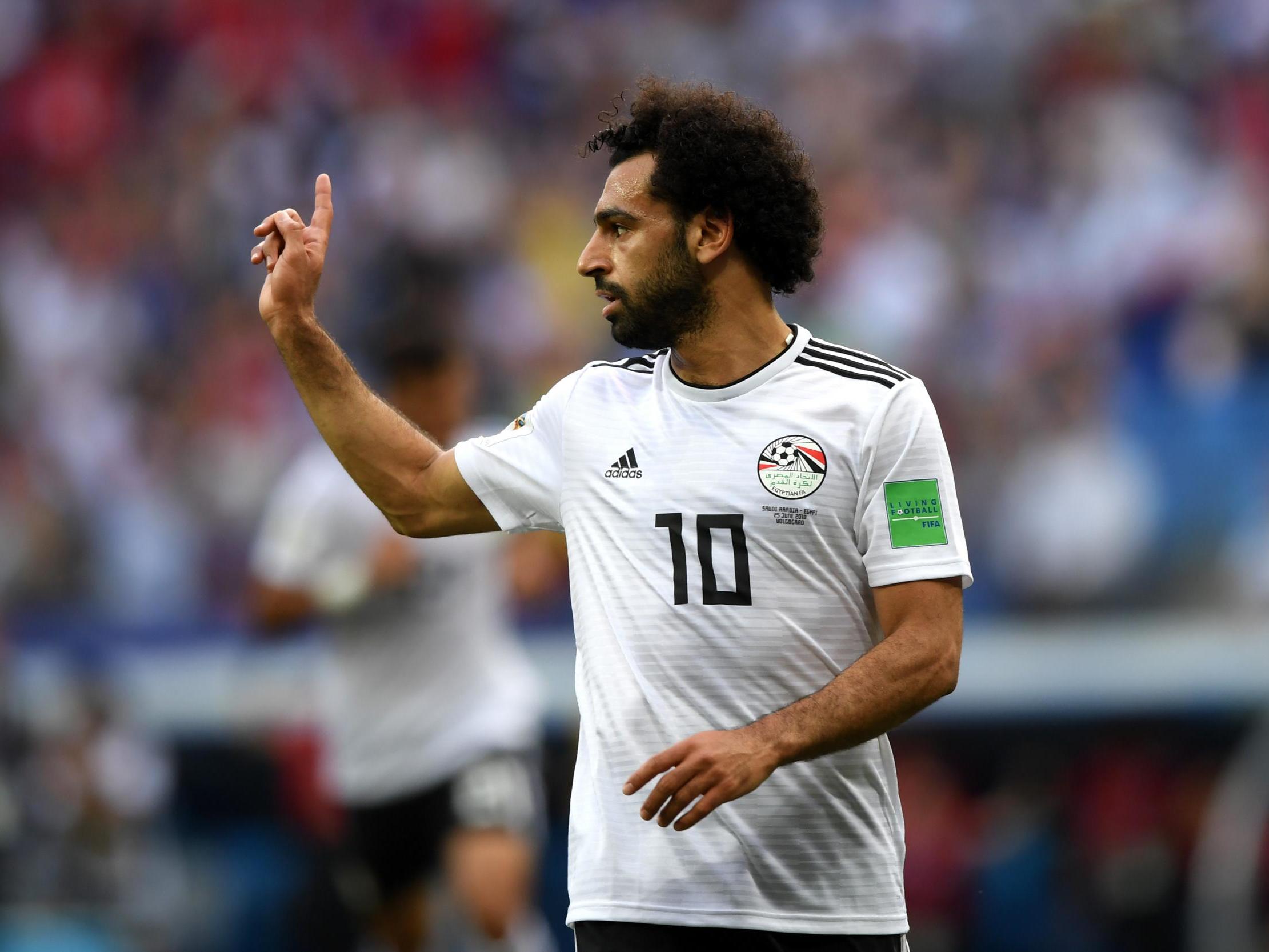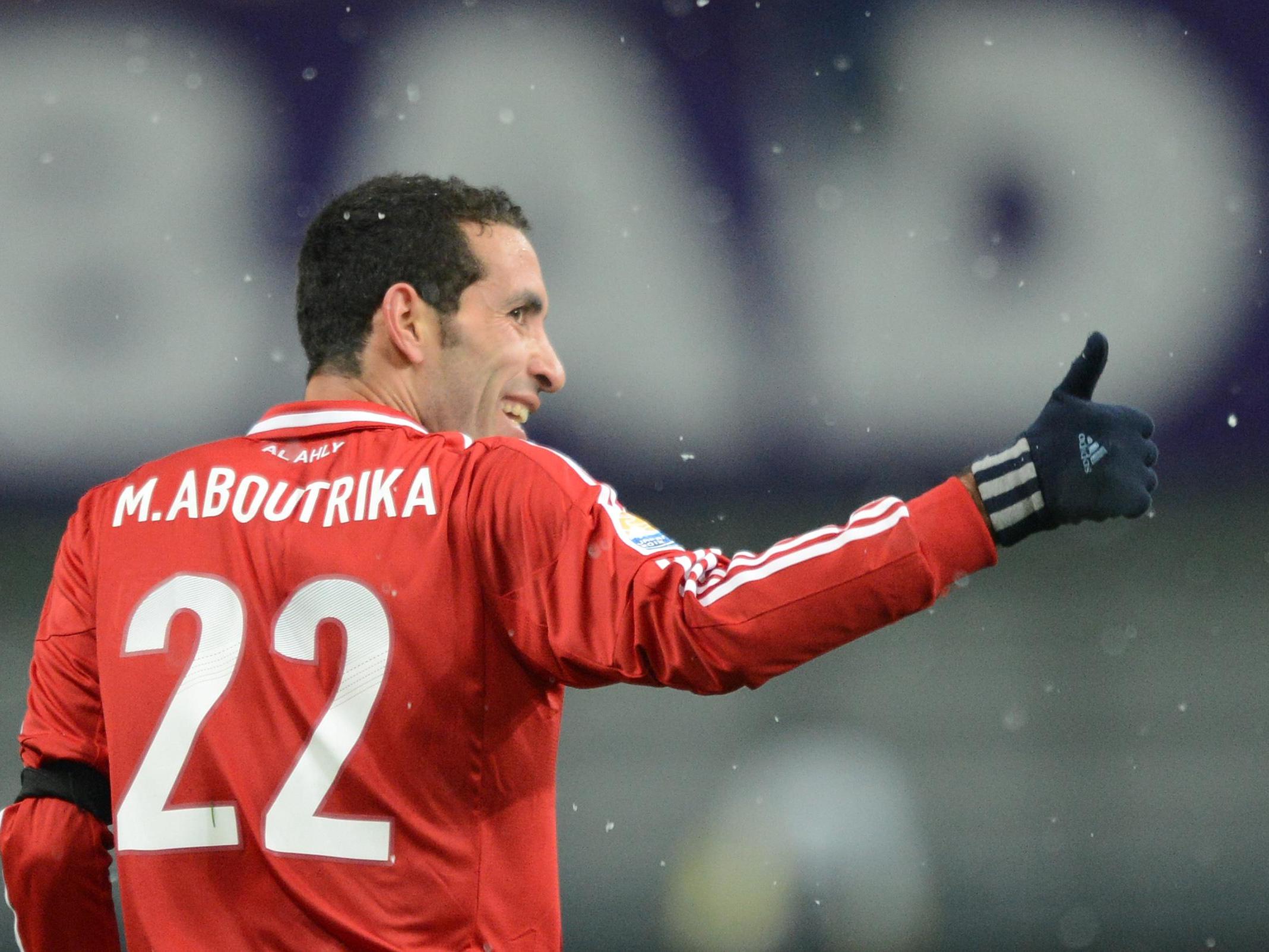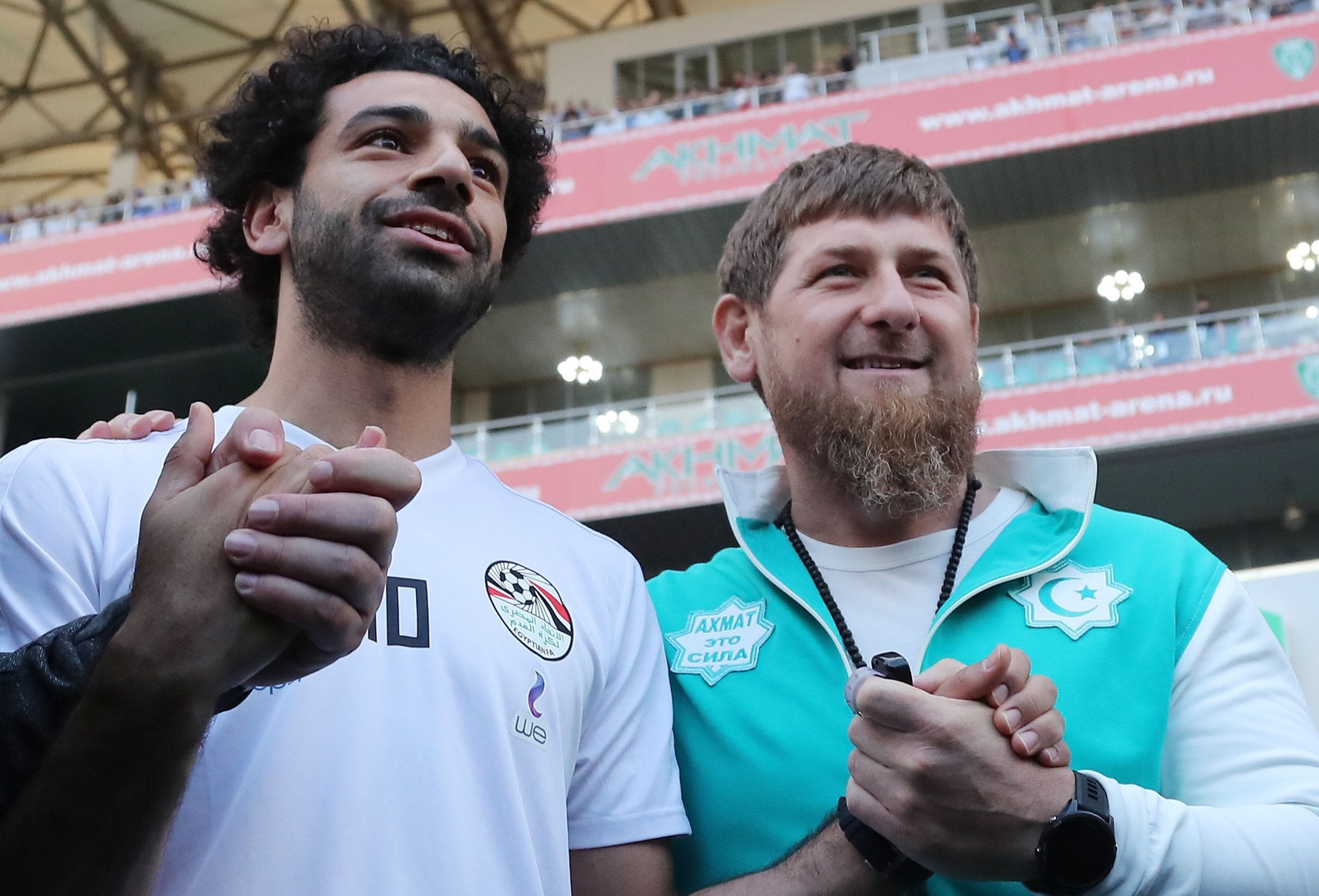In the face of poisonous politics and shifting perceptions, Mohamed Salah walks a dangerous path
Salah is prepared to fight for what he believes is right, while also illustrating his determination to maintain his own independence in spite of the ever-changing world around him
Of the comments directed by Mohamed Salah and his lawyer Ramy Abbas Issa towards the Egyptian Football Association over the last week, maybe the most significant was the Thomas Jefferson quote about dissent being the highest form of patriotism.
This does not seem like a convenient time to be considered one of the greatest footballers in the history of a country that has tilted back towards authoritarian rule and needs idols to enforce credibility and project the impression of it being a stable place, not only amongst foreign powers but its own people.
When it emerged in April that Salah had been the surprise runner-up in the Egyptian general election, it was widely greeted by Western eyes through the prism of football as a sort of cute reflection for the level of respect that exists for his achievements, the most relevant of which to those in his homeland had been scoring the goal that secured a first World Cup appearance in 28 years.
More than one million Egyptians had reportedly struck out the names of President Abdel Fattah al-Sisi and his only opponent, Moussa Mostafa Moussa, instead preferring to spoil the ballot and reflect preferences for Salah. It was believed that Moussa, a little-known politician before entering the race, had endorsed Sisi just days before allegedly registering himself at the regime’s request to avoid allegations of it being a single-candidate contest.
A vote for Salah was viewed as a safe form of protest at Sisi, a president who has curbed opposition since rising to power in 2014. Ahead of the election, five other major candidates had been either suspended or jailed while tens of thousands of Egyptians have been detained, particularly those with links to the party Sisi overthrew, the Muslim Brotherhood.
One of the figures targeted by Sisi had been Mohamed Aboutrika, the retired midfielder who preceded Salah as the focus for all of Egypt’s hopes and dreams – a towering icon regarded as the best African footballer never to play in Europe. Aboutrika, with his degree in philosophy, had celebrated the Arab Spring in 2011 and was considered a man of the people. When the Port Said Stadium disaster happened in 2012, Aboutrika helped a dying fan to the dressing room of his team Al Ahly, where he held him in his arms. “I’m glad I got to meet you,” were the 14-year-old’s final words.
Since January 2017, however, Aboutrika has been on Sisi’s terror watch list – suspected of helping finance the Muslim Brotherhood after the co-owner of a holiday company that he had an investment in was accused of “committing hostile acts against the state.” Having lived in exile in Qatar for nearly four years, Aboutrika’s assets are now frozen in Egypt and he will be arrested if he returns.

It is improbable that Salah could not be affected by this development. Until April, the number at the end of Salah’s Twitter handle was a mark of respect to Aboutrika whose shirt had been the number 22. He and Aboutrika had been teammates at his point of entry to the national team under the American coach Bob Bradley, who said: “The big player for us was Mohamed Aboutrika…Salah looked up to him as a player and a man. You could tell he wanted to learn from [him] and do things the right way.”
Aboutrika’s fame and subsequent exile stands as a warning to every Egyptian that nobody is immune from the country’s politics. It is into this intense landscape, indeed, where Salah’s reputation has since risen.
It has suited the Egyptian FA to present Abbas this week as a bad influence only interested in money, in turn almost separating Salah from the latest diplomatic impasse between player and authority. After two letters sent on the player’s behalf were ignored by the EFA in August – one of which asked that his client be picked up from the airport in Cairo and taken to his hotel ‘in the most discreet manner possible’ – Abbas wrote: “I cannot think of any other national association which would treat any player in the disgraceful and abhorrent manner you have treated Mohamed.” There were also requests for security guards to accompany Salah to training and that calls to his hotel room blocked. There should be no promotional appearances or opportunities for pictures or autographs.

Salah was visibly uncomfortable during the World Cup when at Egypt’s training base in Chechnya he was given an honorary citizenship by the region’s leader, Ramzan Kadryov, and asked to pose for photographs in a controversial PR stunt that would not have been possible without the involvement of the Egyptian government.
It had been a tournament where preparations for Egypt’s game with Russia in St Petersburg was disrupted by celebrities and other notables filled the team hotel. As Salah pointed out with some understatement in one of his social media posts on Monday night. “when you have a player or players who get to sleep at 6am, there is a problem.” People were still arriving at Salah’s room at 4am despite his pleas for introductions to stop in the interests of professionalism and yet, as he says, “All this has been painted to make me appear like I am acting arrogant, but I am not.”

Having filled the vacuum left behind by Aboutrika, Salah is surely perceptive enough to know about the potential consequences of perception and this explains to some degree why earlier this year he made a donation to the Tahya Masr (Long Live Egypt) fund set up by President Sisi’s administration.
Yet by taking to Facebook to explain his frustrations, it is clear that that the Liverpool forward is prepared to fight for what he believes is right, while also illustrating his determination to maintain his own independence in spite of the world around him where matters are not always what they might seem.
Join our commenting forum
Join thought-provoking conversations, follow other Independent readers and see their replies
Comments
Bookmark popover
Removed from bookmarks